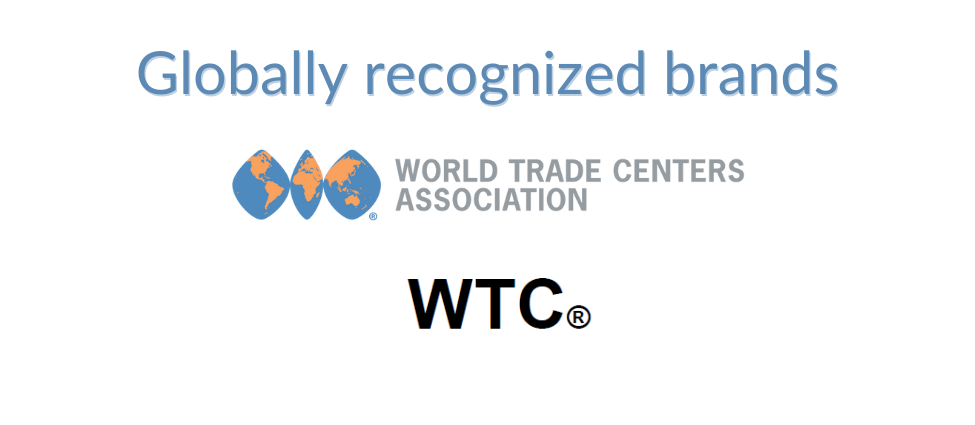
E-waste Management an Emerging Industry in India

MUMBAI, INDIA - World Trade Centre (WTC) Mumbai organised an event on ‘Managing E-waste – Challenges and Opportunities’ to create awareness of E-Waste Management Rules, 2016, bringing producers under Extended Producer Responsibility (EPR), including requirements to collect e-waste on July 27, 2016. Experts opine that infusing capital would make recycling an industry. Technology and financial incentives would encourage new entrants. The event was jointly organised by WTC Mumbai and Ekonnect Knowledge Foundation.
E-waste is increasing by 30% per annum and more than 90 per cent is managed by the informal sector. “The 2016 rules are comprehensive addressing some of the loopholes in the 2011 Act by introducing robust compliance, audit and monitoring mechanism. The 2016 Act also brought in Compact Fluorescent Lamp (CFL) and other electronic products under its ambit,” informed Dr. Prasad Modak, Executive President, Environmental Management Centre LLP and Director Ekonnect Knowledge Foundation. “E-waste is rising due to changes in lifestyle. 2020 targets collection of 70 per cent e-waste from stakeholders which is a big challenge,” added Dr Modak.
“We have been rating companies on EPR in terms of collection centres, buyback systems and awareness programmes which resulted in disappointing results. State Pollution Control Boards (SPCBs) do not mention e-waste rules on their website, for which we had to take to legal recourse,” pointed out Mr. Satish Sinha, Associate Director, Toxics Links.
Mr. Sinha lamented that MNCs do not follow EPR rules in India as they do in Europe in the absence of a regulatory framework. There is no incentive for compliance.
Tata Consultancy Services (TCS) was the first to have an e-waste disposal policy in 2008. “We are implementing it in several countries where the framework does not exist. Our procurement is largely green with a huge size of old products, which are given to charitable organisations,” explained Dr. Aniruddha Agnihotri, Head, Environmental Sustainability, Health and Safety, TCS.
Mr. B.K. Soni, Chairman-cum-Managing Director, EcoReco. stated that skilling is the only way forward and EcoReco is working with National Skill Development Corporation of India (NSDC) to train 300,000 unskilled workers over three years”, he added.
“Producer Responsibility Organisations (PROs) audit recyclers. The Swiss model leads in creating technical standards in e-waste. They create awareness, are IT-driven and smartly run organisations with a lean employee model,” informed Dr. Deepali Sinha Khetriwal, Managing Director, Sofies India. “Swiss have the second highest per capita collection rate in Europe (16.10 kg per individual) which has demonstrated success leading to legislative action. India must learn from this,” explained Dr. Khetriwal.
Capt. Somesh Batra, Vice Chairman, WTC Mumbai stated that the 2016 Act are comprehensive and EPR should be taken seriously. “India should work in accordance with the new framework to ward away from health and environment hazards. Such events provide guidance to youngsters on the entrepreneurship opportunities in the e-waste sector.”
In Photo: From (L-R): Mr. Satish Sinha, Capt. Somesh Batra and Dr. Deepali Sinha Khetriwal (Centre).
To learn more at WTC Mumbai, click on the source link below.
